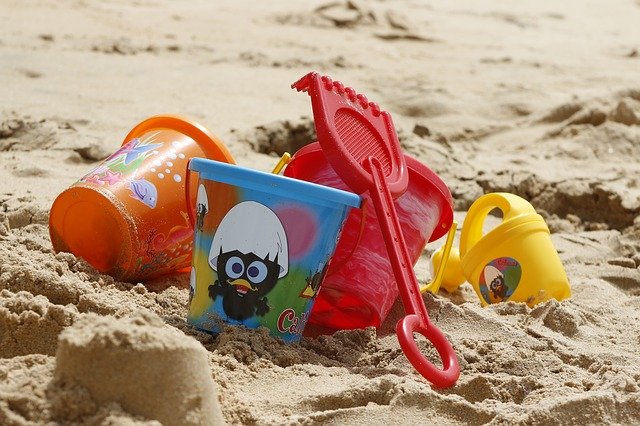So what actually is plastic, anyway?
by Annis Mapleston at 14:24 in Environmental, Packaging
Plastic is everywhere - in packaging, children's toys, furniture, and the houses we live in. The first fully synthetic plastic (Bakelite) was invented in 1907, and since then it has become a fundamental part of daily life in the Western world. Governments around the world are introducing legislation limiting or penalising its use (like Singapore, China and Turkey). But do you actually know what it is?

According to the dictionary, plastic is 'a synthetic material made from a wide range of organic polymers [...] that can be moulded into shape while soft, and then set into a rigid or slightly elastic form'. The European Commission has defined seven different types of plastic:
| Code | Name | Example |
| 1 - PET | Polyethylene terephthalate | Drinks bottles, food packaging |
| 2 - HDPE | High-density polyethylene | Bleach bottles, shampoo bottles |
| 3 - PVC | Polyvinyl chloride | Electric cables, boots |
| 4 - LDPE | Low-density polyethylene | Plastic bags, clingfilm |
| 5 - PP | Polypropylene | DVD cases, bottle lids |
| 6 - PS | Polystyrene | Takeaway boxes, cutlery |
| 7 - Other | Miscellaneous | Fibreglass, clothing, toys |
So why is is viewed as such a problem? The answer lies in the same property that makes it so useful: it lasts for ages. Great when you want packaging to protect your new product when shipping it across the world, but not so helpful once that packaging has been binned and it then takes decades (at least) to break down. In principle at least, all plastic is recyclable: however, research shows that only 10% of the plastic produced since 1950 (more than nine billion tonnes!) has been recycled.
It is widely acknowledged that something needs to change, but what? There is no easy answer: recycling facilities do not have sufficient capacity to recycle everything, but simply replacing plastic with other materials isn't necessarily the answer either (see my blog on the unintended consequences of legislation for more detail). Perhaps the best starting point is the one being adopted by many: simply trying to use less, whether by removing unnecessary packaging, buying secondhand rather than new, or just not buying something in the first place.
If you have any questions about how changes to plastic legislation may affect your business, please contact us to speak to one of our consultants.
 Click here to receive regular updates on blog posts, webinars, and regulatory changes directly to your inbox
Click here to receive regular updates on blog posts, webinars, and regulatory changes directly to your inbox

